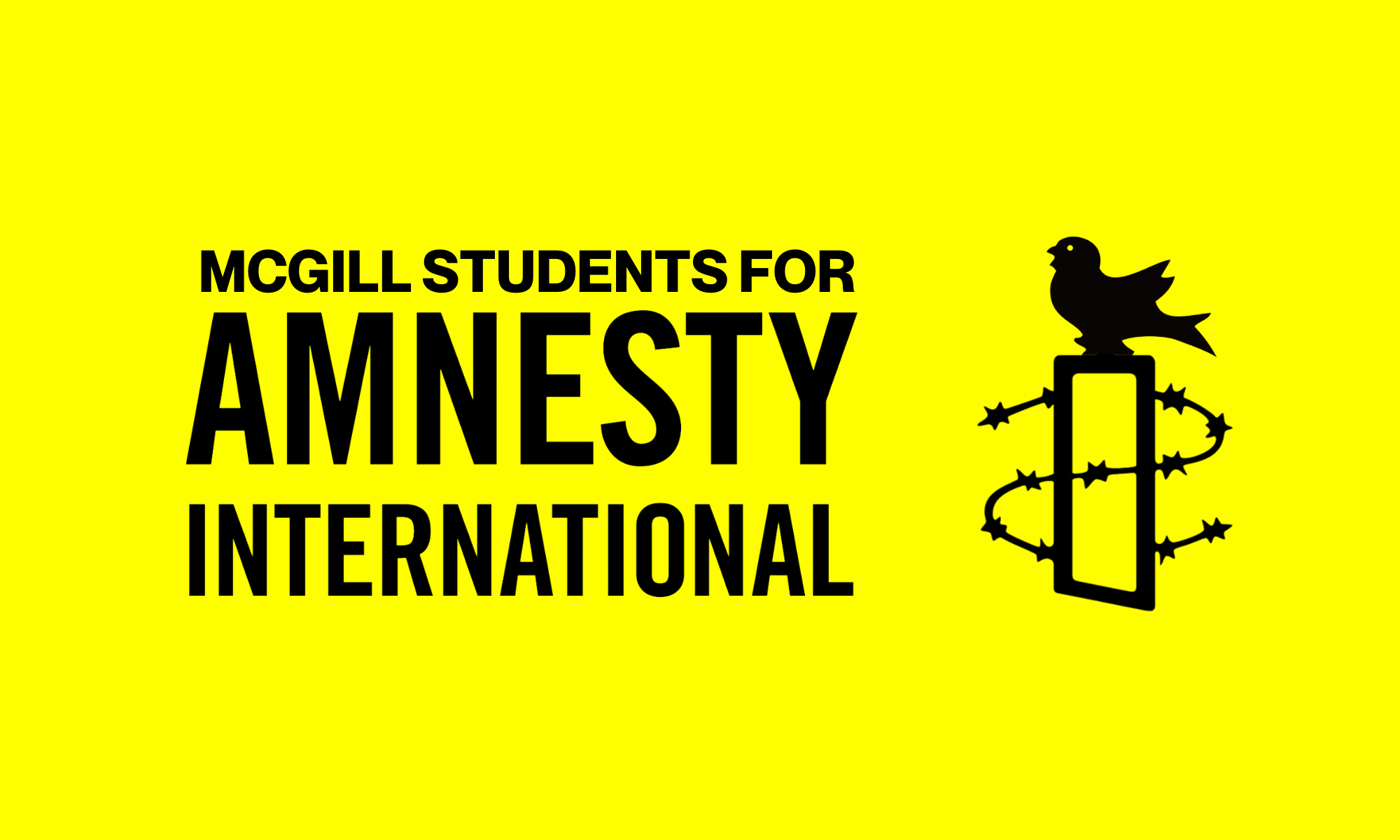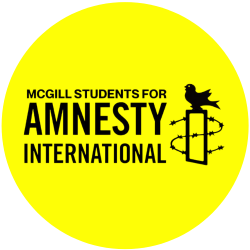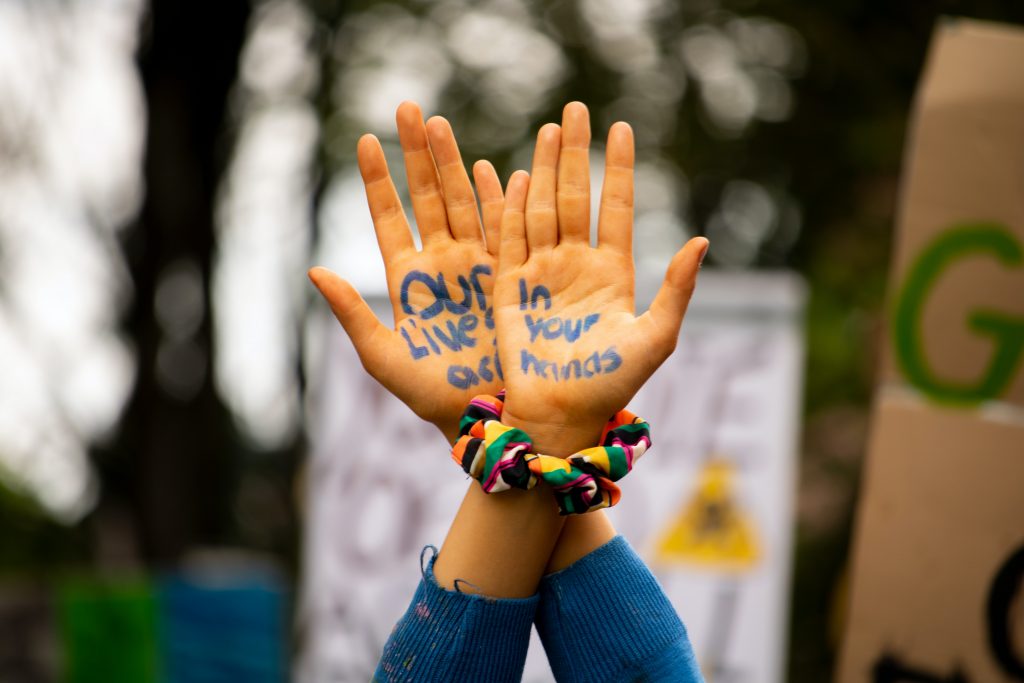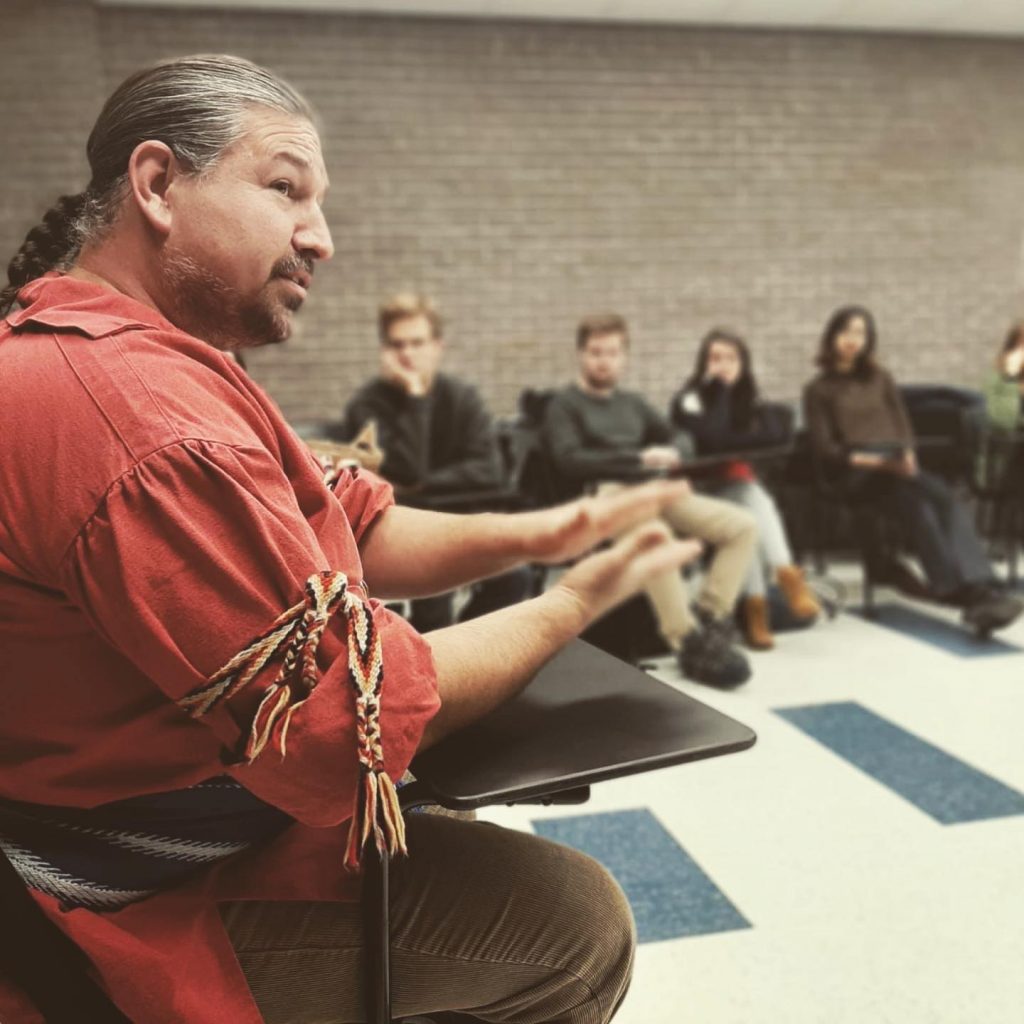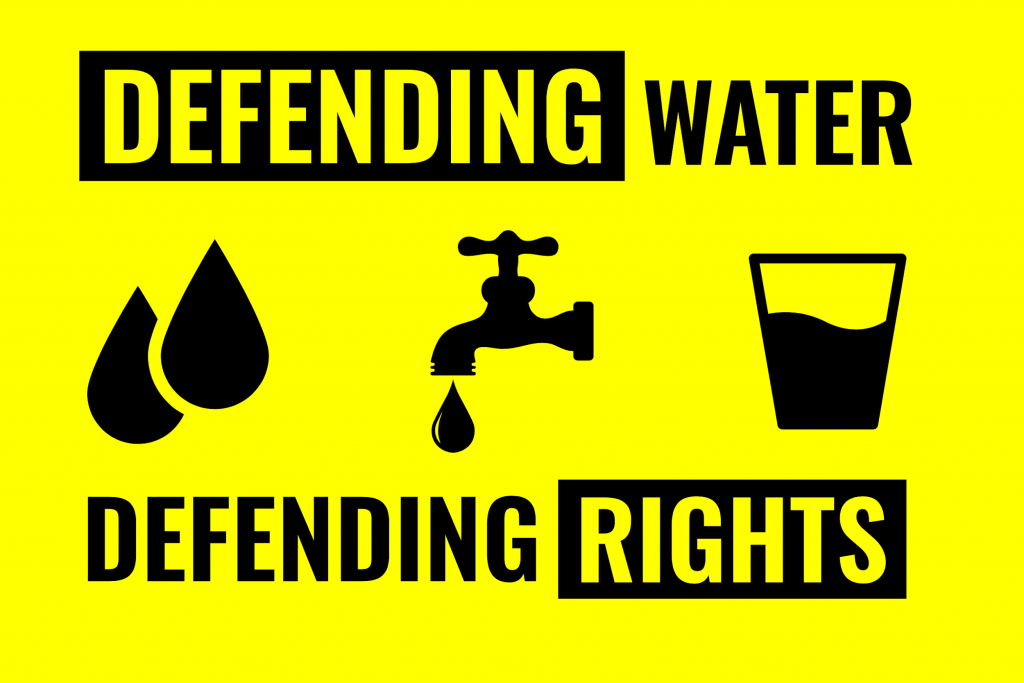by: Marie-Alix Depuydt
Often referred to as the 21st-century Silk Road or the Chinese Marshall Plan, the Belt and Road Initiative, funded and initiated by China, aims to obtain greater political and economic power in a vaster range of land. This project is composed of both land corridors [belt] and maritime lanes [road]. Both routes take place in over 70 countries [accounting for over 2/3 of the world population and ¼ of global GDP], creating a vast network of railways, energy pipelines, highways, and over 50 special economic zones. These projects are often attractive to low-income and low-growth nations who struggle to find the finances to construct and improve current infrastructure. Hence, China’s low-interest loans are extremely appealing as opposed to aid grants, and as stated in the conditions, Chinese firms and workers must be hired for the projects, enhancing the benefits reaped by China. However, these loans do not come without dire consequences for the countries involved. Sri Lanka, for example, was obliged to lease their port to a Chinese company for 99 years as it was unable to repay the loans it had made, putting its sovereignty at risk. Additionally, eight more countries have been found to be at risk of financial collapse, including those that are the poorest in their regions and owe more than half of their foreign debt to China.
China is conquering the world through modern economic imperialist projects, giving it immense leverage over much smaller [geographic and economic] countries. The problem lies in the construction and financing of infrastructure projects. Many of these have drawn international attention as projects facilitate corruption and offer concerning levels of the work environment. Many projects, such as the $1.4 trillion Sri Lankan project, have caused protests and civil uprisings due to environmental harm; however, due to corruption within the BRI, these have not been made public. Additionally, the construction of a hydroelectric dam [Lower Sesan 2] in northern Cambodia has created a permanent flood displacing over 5000 indigenous and ethnic minorities. The concerns of those impacted were largely ignored by China or forced to accept inadequate compensation for their lost wealth and assets. Despite constant protests and appeals to address Cambodian concerns, officials repeatedly dismissed those, and instead, most were threatened with being jailed. This project thus failed to align itself with the international UN human rights for indigenous people deteriorating any remainder of sovereignty and human rights. Myanmar, Djibouti, and many others have also been faced with the inexcusable damage of national independence and authority, which are already limited due to poor governance and high levels of corruption.
To Learn More:
https://www.cfr.org/backgrounder/chinas-massive-belt-and-road-initiative#chapter-title-0-3
